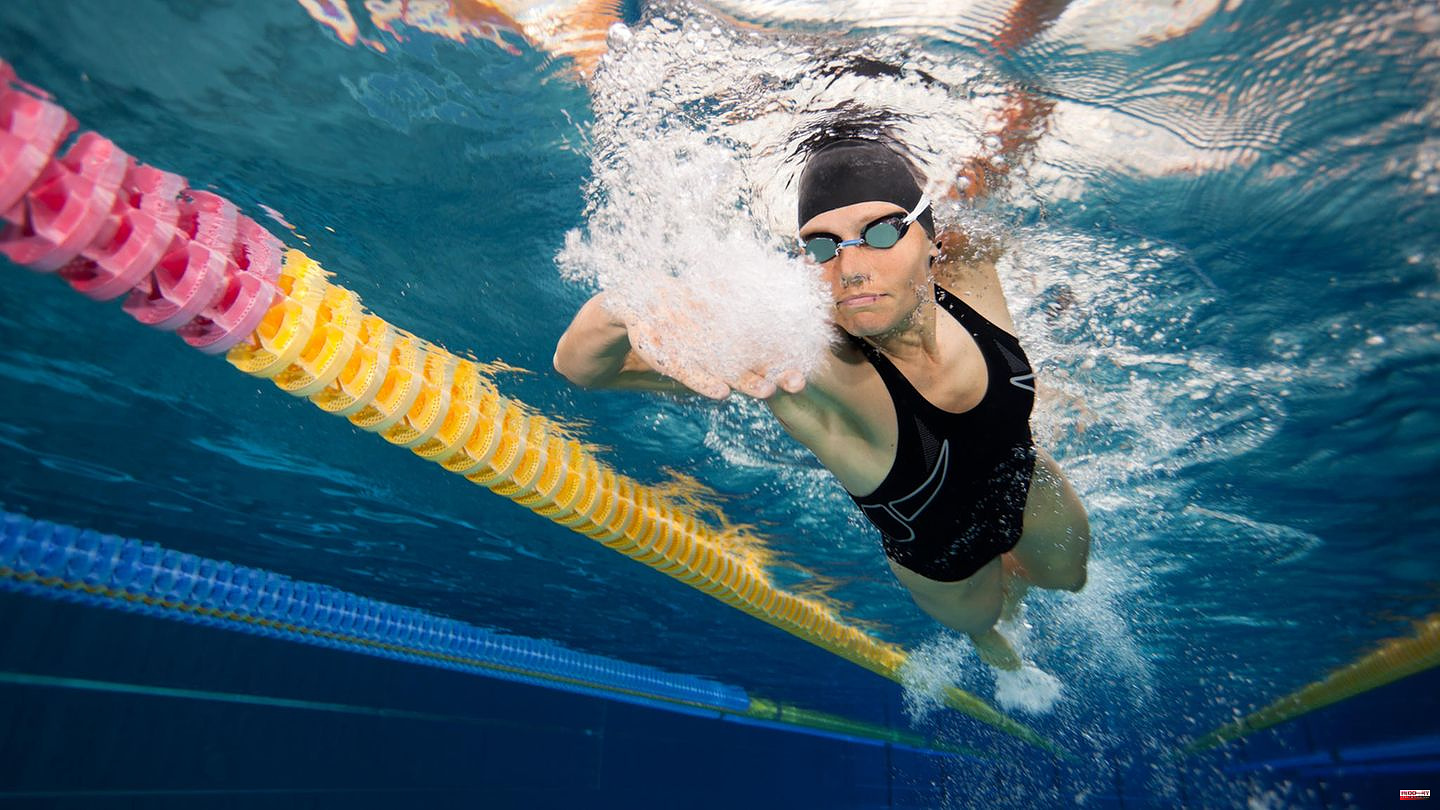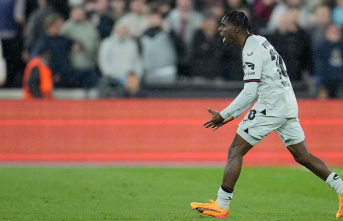The pull buoy is actually nothing more than a kind of foam buoy. Due to its ergonomic shape, it can be clamped between the thighs or calves to stabilize the legs. The upper body, on the other hand, gets more lift – with the right posture. In order to move in the water, the swimmer has to use his or her arms. This strengthens the muscles significantly more than if you were crawling through the water with full physical effort (i.e. including footwork). But what use are beginners? Below we present various swimming aids in detail.
It doesn't matter whether you prefer the front crawl or prefer breast and backstroke: the pull buoy is suitable for every swimming technique. It can be a useful addition to classic upper body and tension training, but should only be used sparingly as it provides unnatural buoyancy. In addition, the right position in the water is crucial for effective training - otherwise the pull buoy would not be effective.
For a better understanding, this video explains and illustrates how to use a pull buoy correctly during swim training in the water:
The Pullkick is another training gadget that combines two different functions in one tool: On the one hand, you can clamp the board between your legs and use it like a pull buoy to strengthen your upper body. On the other hand, you can use the pullkick like a classic swimming board to work on your footwork and strengthen your leg muscles in the water.
Important: The pullkick is also intended for experienced swimmers, as the buoyancy is too low for swimming beginners who want to use a board for support in the water. There are alternative swimming aids for them that are much easier to use and provide the necessary buoyancy.
Another tip: Competitive athletes even use additional hand paddles when swimming to increase the level of difficulty and at the same time increase the training effect.
In contrast to the pull buoy and pullkick, foam or plastic swimming boards are better suited for beginners and children. They provide the necessary buoyancy and support in the water so that inexperienced swimmers don't sink. The possible uses are diverse, since the board can be operated with arms and legs - alternatively, it also supports the stomach or back to improve balance when swimming.
Of course, experienced professionals can also use the swimming board, for example to train their legs: By relieving the arms and upper body, the muscles in the lower area are more stressed.
This article contains so-called affiliate links. There is more information here.












